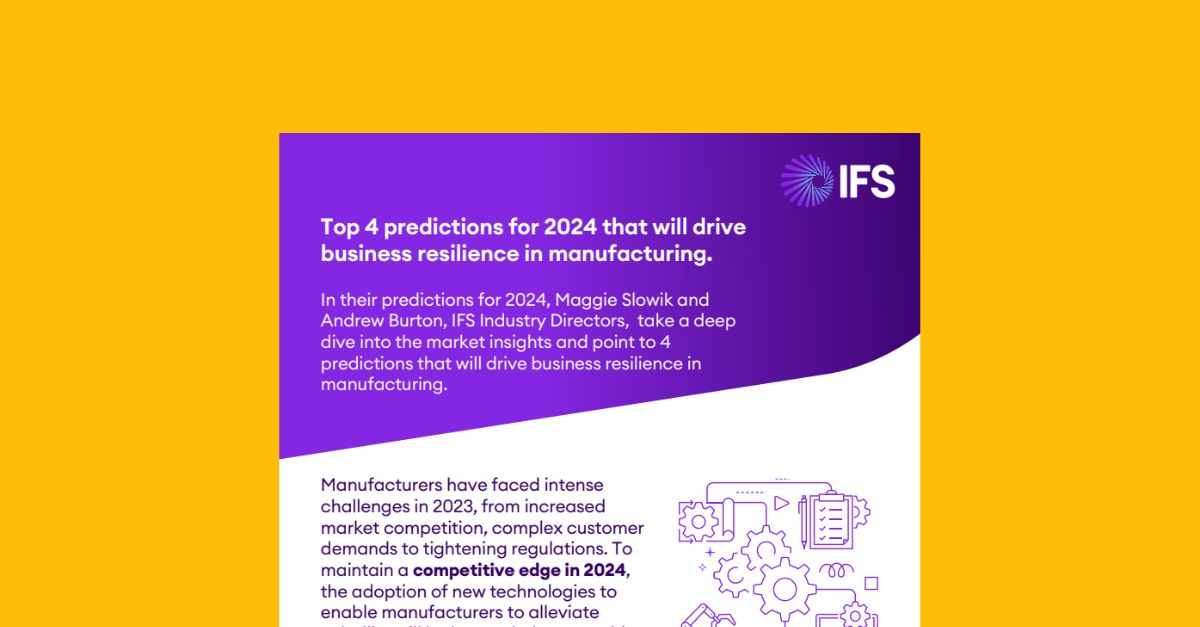Why Would My Company Need Blockchain?
Is it a distributed ledger or digital currency?
Blockchain may be the newest buzzword, but that doesn’t mean it is all hype.
“Smart contracts enable counter-parties to automate transaction tasks that are typically performed manually and that require the involvement of third-party intermediaries,” says Mark Koeppen, Deloitte Consulting principal. “Smart contract technology can result in processes that are faster and more accurate and cost-efficient. Also, the parties to a smart contract agree to be bound by the rules and determinations of the underlying code, which in theory should lead to fewer contract disputes.”
Think of it like this. Contracts are agreements to which all parties involved have signed off. They specify that as long as A and B happen, action C will happen (e.g., you will pay a company XYZ to deliver a shipment. Company XYZ will receive the money after they have transported your items and you have confirmed delivery).
Smart contracts work in a similar fashion. As long as everyone agrees to the terms and conditions, action C will happen after action A and action B. The difference is that smart contracts do not require a middleman to ensure that the terms and conditions have been reached. Everything is transparent – and it is automatic.
Using our shipment example, you wouldn’t have to confirm delivery or write a check. You would simply attach a GPS tracker to the shipment. When it reaches the destination, your payment to company XYZ will be automatically released. The bill is paid, your goods have reached their destination, and you didn’t have to do anything other than put the smart contract in action.
Imagine a truck that leaves one of your production facilities with less product than it should have onboard. “A field ticket based on a smart contract is created and checks are generated at each step so when the truck fills up, the data is inputted as to how many gallons are on the truck,” explains Rana Basu, the president and founder of Consurgo. “The field ticket would then check the tank to ensure it is now short that same number of gallons… blockchain provides the validity of the facts in the process.”
Within the oil and gas industry, smart contracts just make sense. Assets are going to pass through lots of different hands before reaching their destinations. Tracking these exchanges and automating payment release simplifies matters.
This was a very brief introduction to Smart Contracts and how they could be used. In the future, we will dive deeper into the tech and the possibilities going forward. If you have any questions or comments, please contact us.
Inventory Management Solutions
Asset Management Solutions
Distribution Management Solutions



